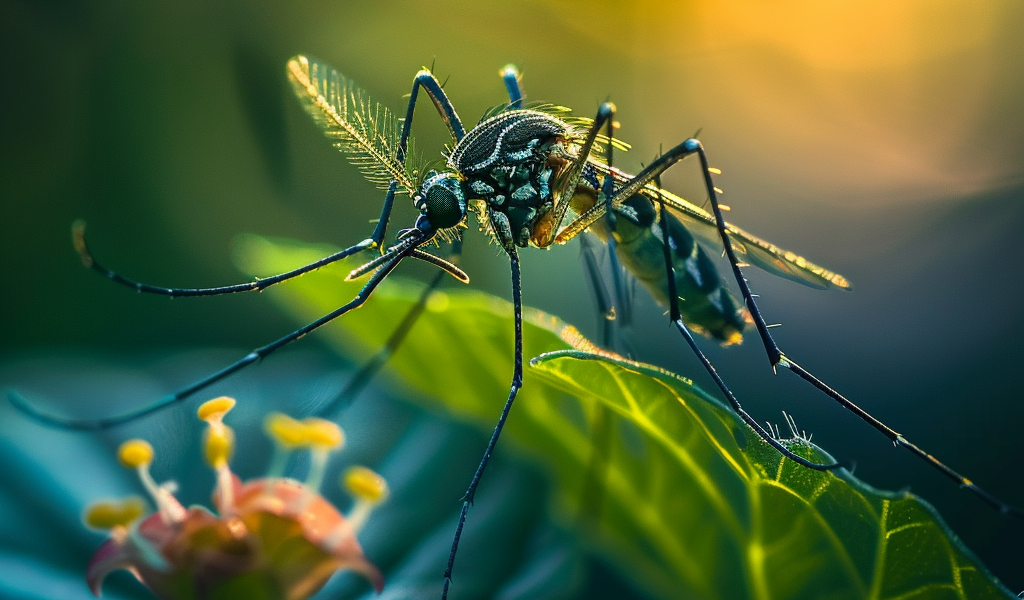A recent mosquito sample in Houston has tested positive for the West Nile virus, raising concerns in the area. The sample was identified in Zip code 77019, encompassing regions from River Oaks south of Memorial Park to Interstate 45 in the east. As mosquito populations surge in and around Harris County, it is crucial to understand the implications of this finding.
Understanding West Nile Virus
West Nile virus is a disease transmitted through the bites of infected mosquitoes that have previously fed on birds carrying the virus. While humans can contract the virus through mosquito bites, it is not transmissible between individuals. The Centers for Disease Control and Prevention emphasize that humans are considered ‘dead-end hosts’ for the virus.
Potential Risks and Symptoms
The majority of individuals infected with West Nile virus do not exhibit any symptoms. However, around 20% of those infected may experience symptoms such as headaches, body aches, joint pains, diarrhea, or a rash. While most cases resolve without severe complications, approximately 1 in 150 individuals may develop serious and potentially life-threatening illnesses.
Severe cases of West Nile virus can manifest with symptoms like high fever, neck stiffness, numbness, paralysis, or encephalitis. These conditions can lead to long recovery periods and may result in permanent brain damage. Sadly, around 10% of individuals with severe illness from the virus do not survive.
Impact on Pregnancy
Contrary to some infectious diseases, West Nile virus does not pose an increased risk to pregnant individuals. The virus does not seem to have a significant impact on pregnancy outcomes, providing some relief amidst the concerns surrounding its effects.
As the community grapples with this recent discovery, it is essential for individuals to take necessary precautions to prevent mosquito bites and reduce the risk of West Nile virus transmission. Stay informed about mosquito control measures in your area and prioritize personal protection to safeguard against potential health threats.





